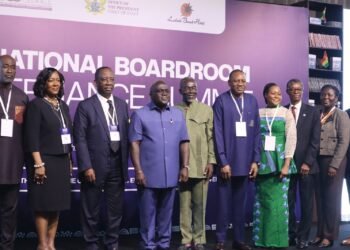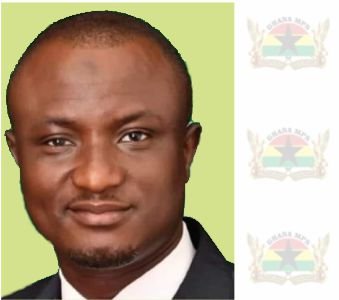Private legal practitioner Ace Anan Ankomah has weighed in on the argument of the supposed alarming ratio of lawyers compared to other professions such as engineering, making the point that such claims are inaccurate.
The private legal practitioner questioned the bases of these claims with regard to the number of lawyers graduating yearly, the various aspects of lawyering the graduates venture into, and how that can be considered alarming.
He noted that law graduates can venture into four different aspects of lawyering, including dispute attorneys, transactional attorneys, advisory attorneys, and academic lawyers.
He, however, remarked that many people often think the dispute-settling attorneys constitute the vast majority of lawyers, but he thinks it is not the case.
Lawyer Ankomah is of the view that the increasing number of people going into a profession should not be concerning, as it is being argued, rather, the concern should be the nation’s development strategy towards the said profession.
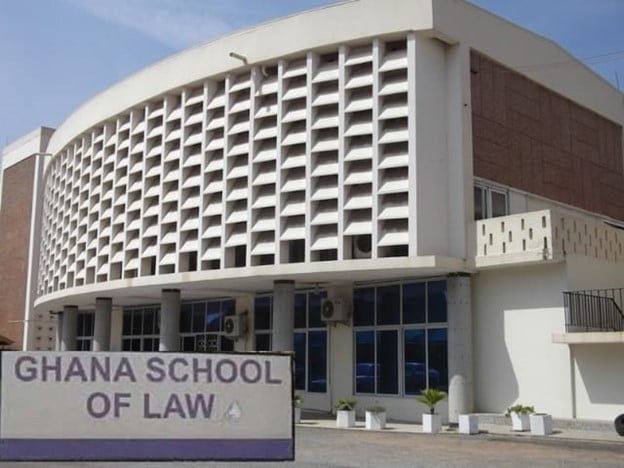
“What is the nation’s development strategy if they are concerned about graduates, and what opportunities are we providing for them? Having many people going into professions is not necessarily alarming.”
Ace Anan Ankomah, private legal practitioner.
He underscored how flawed it is to argue that Ghana should train more engineers or STEM-based professionals instead of lawyers because they are better placed to contribute to the development of the country.
He also argued that it is not just about training people in a particular profession that will guarantee development; it has to do with how the country intentionally creates opportunities for the said profession to contribute meaningfully to development.
The legal expert further made the point that even if the nation decides to prioritize the training of engineers and other STEM-based professionals, as is being argued, what is the guarantee that they will automatically contribute to development?
“If we shut down the law school tomorrow, can we send everybody who applies to read law to read engineering? And will they come out with engineering? When they come out with engineering degrees, do they immediately solve problems? Are there even jobs for them to occupy?”
Ace Anan Ankomah, private legal practitioner
He is also of the view that instead of just talking about supposed alarming numbers of the legal profession each time people are called to the Bar, the main concern should be how the country can strategically leverage the human resource of the profession for development.
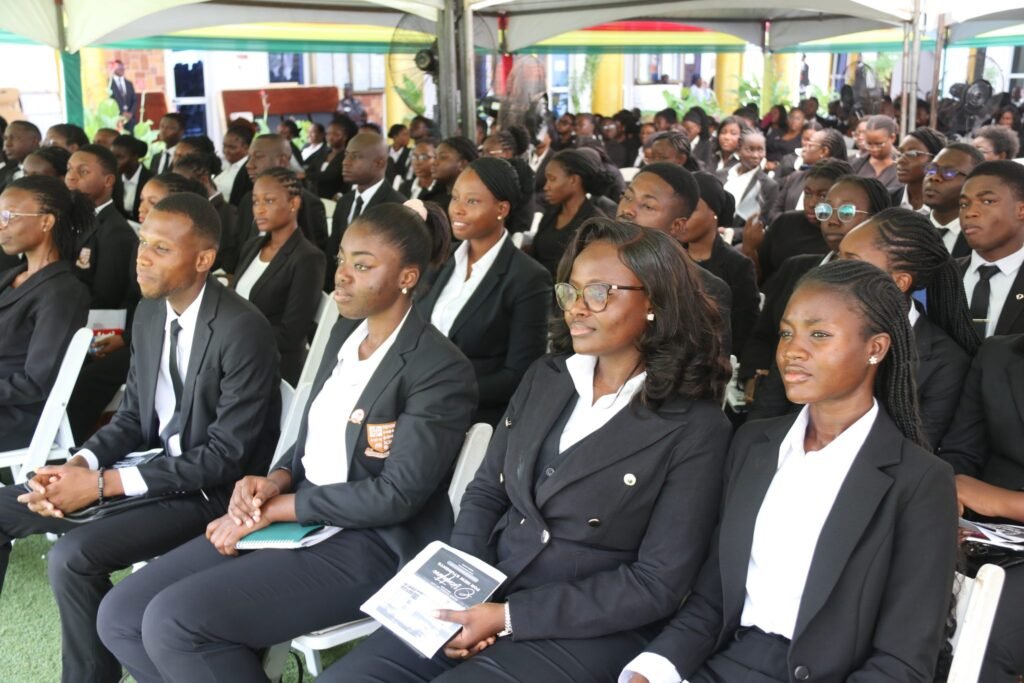
He cited the law faculty of the Kwame Nkrumah University of Science and Technology (KNUST) to buttress his point that there is not any intentional approach to leveraging the tools of the legal profession for development.
He argued that expectedly, the law faculty of a science and technology university should teach the law of the science and technology courses of the school. However, it is regrettably the case that the law being taught in the science and technology school is not different from what is being taught at the University of Ghana.
“KNUST has a course in law, and one would have thought that a law course from a university of science and technology would shape people who will come in and do science and technology lawyering.
“And so the courses to be offered in KNUST law will be like medical law, engineering law, construction law, et cetera, to fit the science, the STEM courses, so you have people who understand the legal and opinions of these STEM courses. But no, they are offering the same grammar law as the University of Ghana is offering.”
Ace Anan Ankomah, private legal practitioner.
He also stated his worry with regard to the quality of not the numbers but the graduates being produced, given that now students of the Ghana School of Law only have to go to school twice in a week.
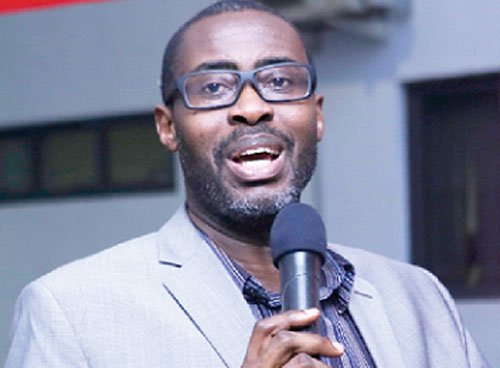
He made the point that this is as a result of the fact that there are increasing numbers of law faculties whose graduates should pass through the Ghana School of Law, yet there has been a significant expansion to qualitatively contain the increasing of number of students.
Lawyer Ankomah’s argument, therefore, is that, instead of just questioning the contribution of the legal profession or any other profession to the development of Ghana, the question should rather be on Ghana’s developmental strategy towards the said profession.
READ ALSO: Ghana Moves Closer to Ethical Gold Trade with Track-and-Trace System






